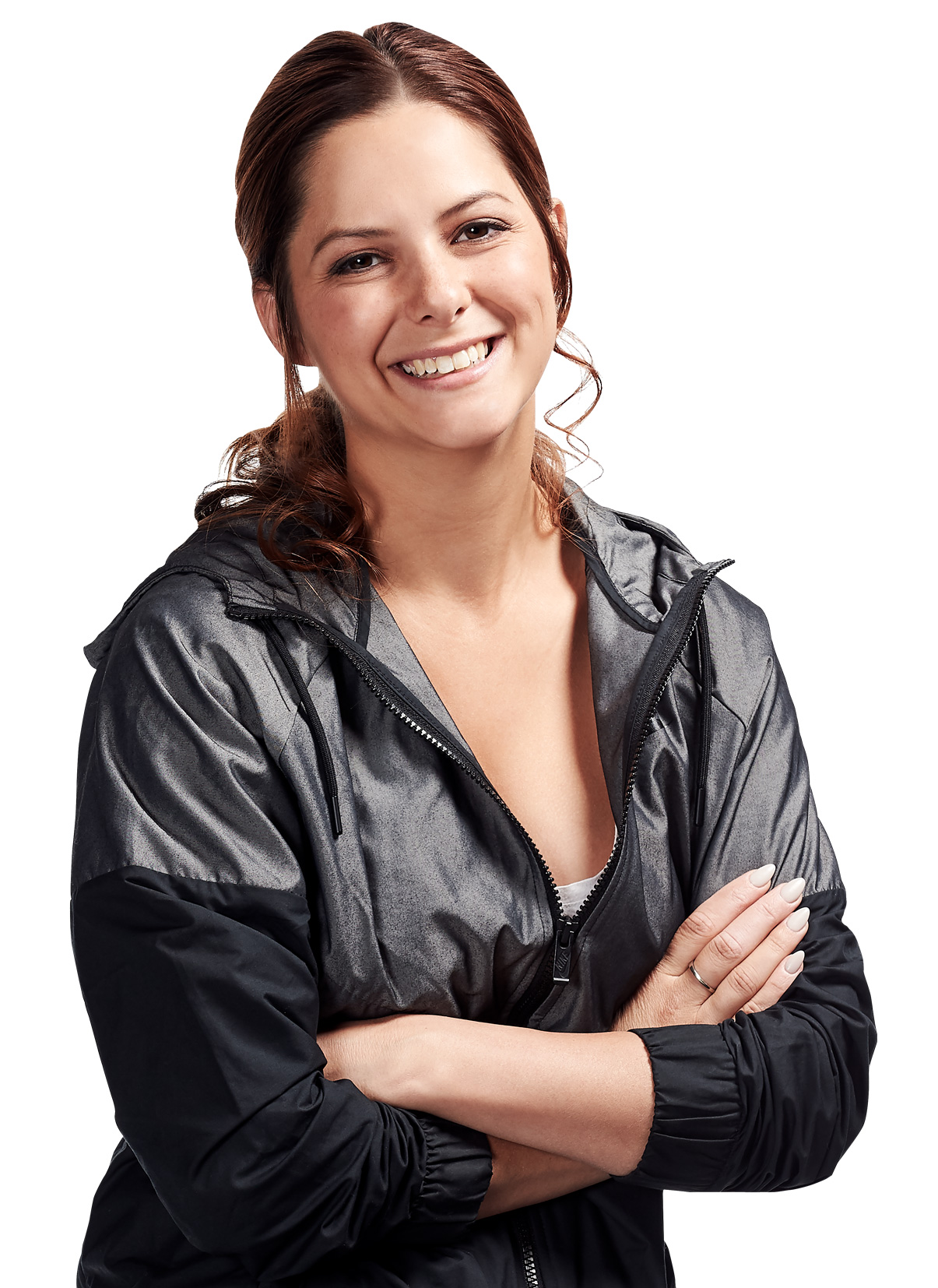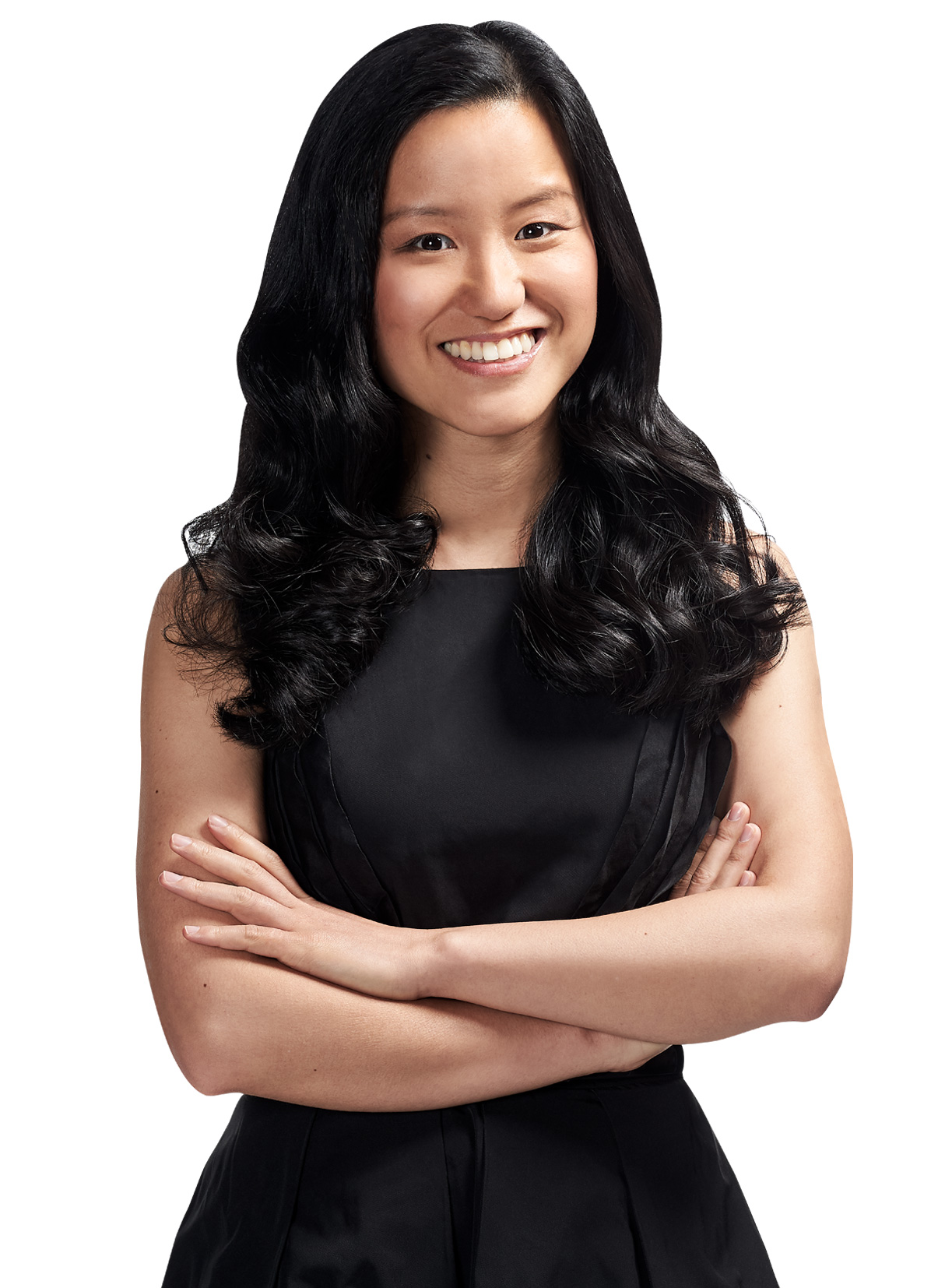
![]()
Catherine De Burgh-Day is a Research Scientist at the Bureau of Meteorology. She holds a PhD in physics from the University of Melbourne, specialising in Astrophysics.
CATHERINE DE BURGH-DAY
Research Scientist: Bureau of Meteorology
I grew up on a farm, and as a kid there was a very real chance I would become a farmer. After Grade 5 my family moved to a remote community in Tasmania where my brother and I were “home schooled”. We learnt all sorts of amazing life skills during those years. We helped build a house and worked on the farm learning things like how to hand milk a cow, animal handling, how to drive a tractor, and so much more! But that said, I was always pretty interested in science and so I went back to school in Year 11 & 12 so I could eventually go to uni.
My family have been volunteer observers for the Bureau for longer than I’ve been alive, and being farmers the forecasts the Bureau produces are very important to them. So, when I went to uni I did so with the intention to major in meteorology. It only took one semester in my first year with an incredibly inspirational lecturer who was an astrophysicist to make me change my mind and study that instead. When I finished my studies and started looking for work, I applied for jobs in all sorts of fields; epidemiology, banking, consulting, and of course at the Bureau. I was weeks away from starting a job at NAB when I was offered a job in the Bureau and ended up coming full circle back to my original interest.
I currently work in seasonal prediction at the Bureau of Meteorology, doing a combination of software development, product development, and research. I love the varied nature of my job – I get to get right into the thick of whatever’s happening. One project I’m currently working on is forecasting extreme events for a number of agricultural sectors in Australia. So for example we will develop heat wave and extreme heat forecasts, extreme rainfall and flooding forecasts, and cold snap forecasts, all on timescales from two weeks to three months into the future.
Maths plays a huge role in my day! One of the prediction models we use, ACCESS-S1, includes most of the physics and fluid dynamics of the Earth’s atmosphere and oceans. Needless to say there’s a lot of maths in that, and while I don’t deal with that maths directly, it’s important for me to be comfortable understanding how it works.
I am a big believer that whatever path or career you choose, it’s important that you go easy on yourself and look out for your health first.
It took me a long time to find something I really love working on. If you don’t really know what that is yet, then don’t worry too much about it. Just enjoy whatever life throws at you in the meantime and keep your eyes peeled for any exciting new things you might like to try out!




